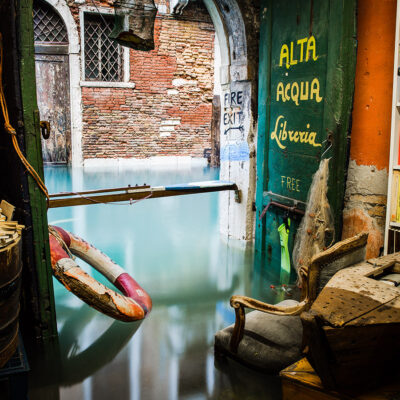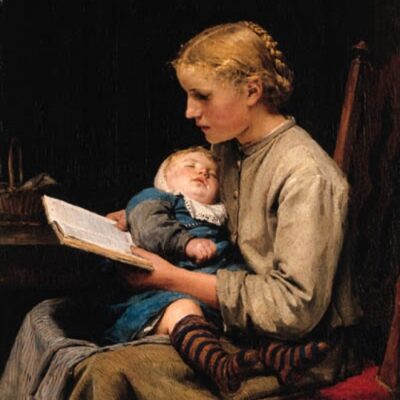The Water Dancer by Ta-Nehisi Coates
I was a little nervous when I read that one of the most important voices in America today, Ta-Nehisi Coates, had written a novel. I cherished his nonfiction starting with We Were Eight Years in Power: An American Tragedy (2017) and backtracking to read Between the World and Me: Notes on the First 150 Years in America (2015). I had changed my subscription from The New Yorker to The Atlantic after reading “The Case for Reparations: Two hundred fifty years of slavery. Ninety years of Jim Crow. Sixty years of separate but equal. Thirty-five years of racist housing policy. Until we reckon with our compounding moral debts, American will never be whole” (June 2014) and “The Black Family in the Age of Mass Incarceration (October 2015). Would this master teacher successfully make the transition to fiction?
In my opinion, I needn’t have worried. The Water Dancer is a beautifully executed story that inspires us all to fully reckon with the past. This includes the ways in which slavery destroyed the biological family units of African Americans, erased enslaved people’s African heritage, and denied the academic, practical, and artisanal skills and gifts that they possessed and that they used to make plantations economically self-sufficient. It motivates readers to question the institutionalized prejudices that robbed African Americans of their right to equality in the past and continue to limit them in the present. And, like any great novel, it offers conflict, surprise, suspense, controversial themes, and unforgettable characters.
In the novel, the Tasked is a euphemism for enslaved people who as a group have been forcibly taken from their homeland of Africa and prevented from continuing their languages, religions, customs, and cultures. The Tasked described in The Water Dancer work on the Lockless Plantation in Virginia in the mid-1850’s. Despite horrible losses and brutal treatment, every enslaved character on the plantation possesses extraordinary abilities. For instance, Big John and Georgie Parks are experts in soil cultivation; Ella is an amazing cook; Mars and his wife Hanna run a successful bakery; and Hiram, the protagonist and narrator of the story, is highly intelligent and has a photographic memory. In fact, the enslaved are presented as more capable than their enslavers. The reader cannot help but compare the wise and responsible Hiram to his white half-brother and legal heir to the plantation who is so childlike, helpless, and foolish he needs Hiram to take care of him. Hiram states that: “The masters could not bring water to boil, harness a horse, nor strap their own drawers without us. We were better than them—–we had to be. Sloth was literal death for us, while for them it was the whole ambition of their lives.” [p.35]
In the following quote, the abolitionist Corrine Quinn, in speaking with Hiram, also pays tribute to what she sees as the superior wisdom of the Tasked.
But these fools, these Jeffersons, these Madisons, these Walkers, all dazzled by theory, well, I am convinced that the most degraded field-hand, on the most miserable plot in Mississippi, knew more of the world than any overstuffed, forth-holding American philosophe.
And the lords and ladies of our country know this. This is why they are so in thrall of the dance and song of your people. It is an unwritten library stuffed with a knowledge of this tragic world, such that it defies language itself. Power makes slaves of masters, for it cuts them away from the world they claim to comprehend. But I have given up my power, you see, given it up, so that now I might be able to see. [p. 153]
















